The Food Law and Policy Clinic (FLPC) provides students with the opportunity to practice using legal and policy tools in order to address the health, environmental, and economic impacts of our food system. Clinic projects aim to increase access to healthy foods, support sustainable and equitable food production, reduce waste of healthy, wholesome food, and promote community-led food system change.
Students enrolled in the clinic get hands-on learning experience conducting legal and policy research for individuals, communities, and governments on a wide range of food law and policy issues. For example, students have the opportunity to: comment on major federal regulations, such as the Department of Agriculture rules impacting access to the Supplemental Nutrition Assistance Program; identify and promote creative policies to reduce the 33% of the global food supply that currently goes to waste; work with food producers and other groups to recommend agricultural program reforms that better steward our natural resources; and support community-based organizations in leveraging policy changes to promote racial equity in the food system.
Students develop a variety of transferable skills in areas such as research, writing, creative problem-solving, project management, oral communication, and leadership. Specifically, students have opportunities to draft memoranda, white papers, and regulatory comments; conduct statutory interpretation; review and draft legislation and regulations; petition for agency rulemaking or enforcement actions; conduct interviews and fact-finding; and prepare and train communities about civic engagement, the food system, and policy change.
Students in the fall Food Law and Policy Clinic (FLPC) enroll in the fall Food Law & Policy seminar, while students in the spring FLPC enroll in either the spring Food Law & Policy seminar or the spring Policy Advocacy Workshop.
How to Register
FLPC is offered in the Fall and Spring semesters. You can learn about the required clinical course component, clinical credits and the clinical registration process by reading the course catalog description and exploring the links in this section.
Meet the Instructors
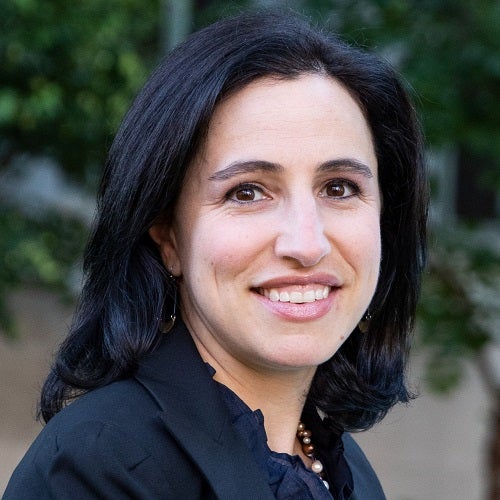
Emily Broad Leib
Faculty Director of CHLPI; Clinical Professor of Law
Emily Broad Leib is a Clinical Professor of Law and Founding Director of the Harvard Law School Food Law and Policy Clinic, the nation’s first law school clinic devoted to providing legal and policy solutions to the health, economic, and environmental challenges facing our food system. She is also Deputy Director of Harvard Law School Center for Health Law and Policy Innovation. Working directly with clients and communities, Broad Leib champions community-led food system change, reduction in food waste, food security and access to healthy foods, and equity and sustainability in food production. Broad Leib founded the Academy of Food Law and Policy, a network of law professors researching, teaching, and mentoring on food law and policy, and served as Founding Co-Chair of the Academy of Food Law and Policy’s Board of Trustees from 2016 to 2019. Broad Leib is also the faculty supervisor for the Harvard Food Law Society and Harvard Mississippi Delta Project. Before joining Harvard Law School’s faculty, Broad Leib spent two years in Clarksdale, Mississippi as the Joint Harvard Law School/Mississippi State University Delta Fellow. She served as the Director of the Delta Directions Consortium, a group of university and foundation leaders dedicated to improving public health and fostering economic development in the Delta. Broad Leib received her B.A. from Columbia University and her J.D. from Harvard Law School, cum laude.
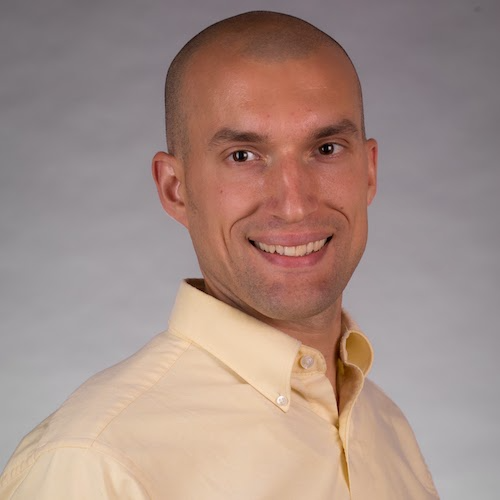
Trevor Findley
Clinical Instructor
Trevor joined the Food Law and Policy Clinic in January 2022. Prior to joining FLPC, he worked as a Senior Policy Associate for the Organic Farming Research Foundation, advocating for policies to improve organic agriculture in the United States. Before that, he was the Deputy Director of Food Disclosure and Labeling at the United States Department of Agriculture. While there, he helped write regulations to implement the National Bioengineered Food Disclosure Standard (GMO labeling law). At USDA, he also worked on conservation programs, farm programs, farm loans, and crop insurance. Trevor received a Masters of Law (LLM) in Food and Agricultural Law from the University of Arkansas School of Law, a Juris Doctor (JD) from Willamette University College of Law, a Masters in Education from the University of Nevada Las Vegas, and a Bachelor of Arts in International Studies from Willamette University. He is an active member of the Oregon State Bar.
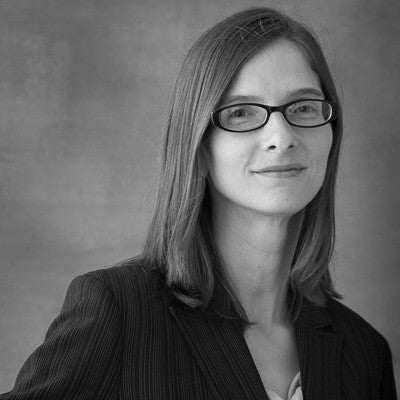
Heather Latino
Clinical Instructor
Heather joined the Food Law and Policy Clinic in January 2023. Prior to joining FPLC, she served as a Deputy Legal Director for the Legal Aid Society of the District of Columbia, providing programmatic, legal, strategic, and ethical guidance to Legal Aid’s team of consumer and housing law attorneys who work to preserve safe and affordable housing and protect economically vulnerable consumers’ limited income and assets. Before that, she was a supervising attorney in the Housing and Consumer Law Units, where she mentored, coached, and supervised law students and attorneys providing direct legal services to underserved individuals and community organizations.
Heather’s current portfolio focuses on increasing access to affordable, safe, and healthy foods. She works to advance innovative measures and policy improvements related to governmental nutrition assistance programs, integrating nutrition services into food systems, reducing domestic and international food waste, and promoting the recovery of safe and wholesome food.
Heather is passionate about creating a more sustainable, resilient, and equitable food system and she especially enjoys working in partnership with underserved communities. She is currently completing her Masters of Law (LL.M.) in Food and Agricultural Law at the University of Arkansas School Law. She received her B.A. in political science and her J.D. from the University of Montana, both with honors. Heather is an active member of the District of Columbia Bar.
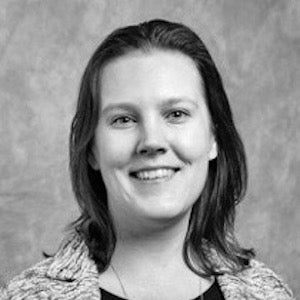
Gray Norton
Senior Clinical Fellow
Gray Norton joined the Harvard Law School Food Law and Policy Clinic (FLPC) in January 2023 as a Clinical Fellow. Gray previously worked with the clinic as a summer intern and research assistant. She is passionate about the right to food and envisions a more just and resilient food system that acknowledges and benefits all people. Gray’s portfolio currently focuses on advancing policies that support food system workers. She also works on international food waste mitigation and food donation policies.
Before joining FLPC as a fellow, Gray served as an intern in the Office of General Counsel at the U.S. Department of Agriculture and as a law clerk in the Environment and Natural Resources Division at the U.S. Department of Justice. She also worked as an adjunct lecturer in the Fulbright College of Arts & Sciences at the University of Arkansas, teaching Intro. to American National Government.
Gray received a J.D., cum laude, a Master of Public Administration, and a Graduate Certificate in Sustainability from the University of Arkansas in 2022. She also holds a B.A. in Psychology from the University of Arkansas at Little Rock. Gray is currently pursuing a Master of Laws (LL.M.) in Food & Agricultural Law from the University of Arkansas School of Law. She is a licensed member of the Arkansas Bar.
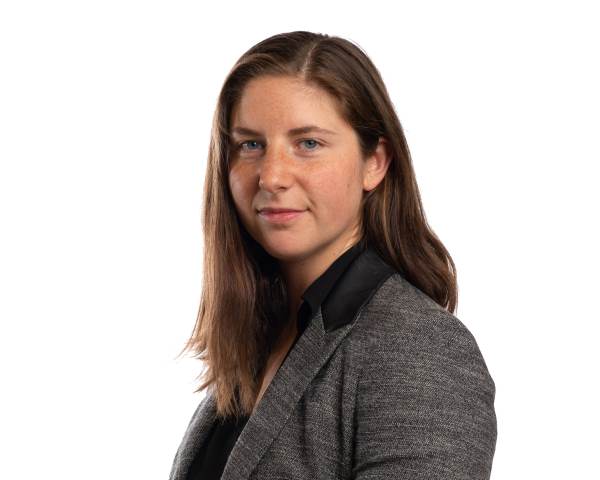
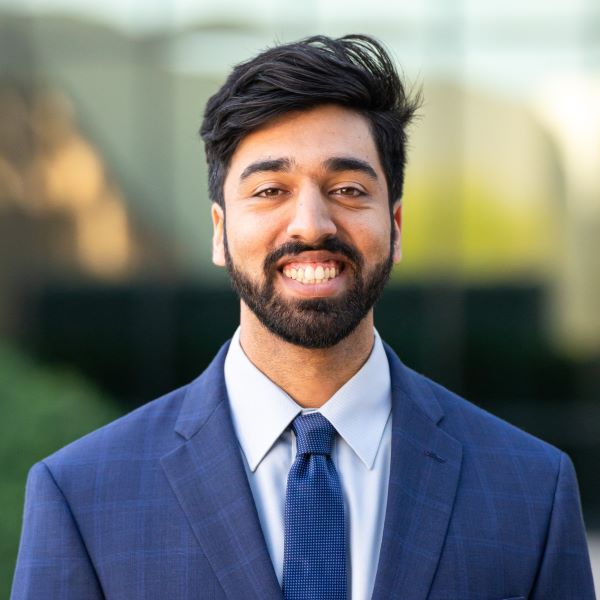
Akif Khan
Clinical Fellow
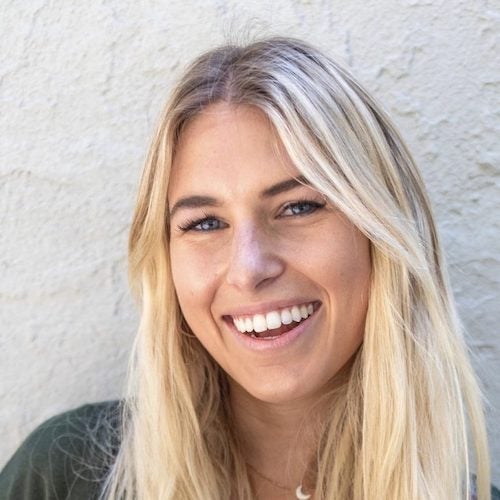
Regan Plekenpol
Policy Analyst
Regan J. Plekenpol joined the Food Law and Policy Clinic in 2021 as a Program Coordinator after long-term work with the team as a graduate student research assistant. Her portfolio currently focuses on international and domestic food waste mitigation and food donation policy. She is passionate about the intersection of food systems and the environment, with a keen interest in improving access to nutritious and sustainable food sources.
Regan received her B.A. in Government (Public Policy) and Human Centered Design from Dartmouth College in 2017 and graduated with an MPH in Nutrition from Harvard T.H. Chan School of Public Health in 2021. She is also a NBME-Certified Health and Wellness Coach (NBC-HWC), specializing in functional integrative nutrition.
Staff Members
| Laura Johnston | ljohnston@law.harvard.edu | Administrative Director |
| Ada Ezeokoli | aezeokoli@law.harvard.edu | Communications Manager |
| Nathan Rosenberg | nrosenberg@law.harvard.edu | Visiting Scholar |
| Jian Yi | yjian@law.harvard.edu | Senior Fellow, U.S.-China Food Systems |
In the News
-
Texas Creates Nutrition Education Requirements for Medical Students, Physicians, and other Healthcare Professionals
By Trevor Findley and Emily Broad Leib On June 22, 2025, Texas Governor Greg Abbott signed Senate Bill 25 into law. This bill has gotten attention for several of its […] The post Texas Creates Nutrition Education Requirements for Medical Students, Physicians, and other Healthcare Professionals appeared first on Center For Health Law and […]
June 27, 2025
-
Beyond Red Dye 3: The Movement to Overhaul U.S. Food Chemical Safety
By Lauren Limbach, HLS class of ’25, Harvard Law School Food Law and Policy Clinic Student In recent months, the safety of ingredients in the U.S. food supply has been […] The post Beyond Red Dye 3: The Movement to Overhaul U.S. Food Chemical Safety appeared first on Center For Health Law and Policy […]
June 27, 2025
-
MAHA and Blue States get behind Food Additive Bills in State Legislatures
By Josh Keller, FLPC research assistant and incoming HLS class of ‘28 The conversation surrounding food additives underwent a drastic shift in 2025. With the rise of Secretary of Health […] The post MAHA and Blue States get behind Food Additive Bills in State Legislatures appeared first on Center For Health Law and Policy […]
June 25, 2025
-
A New Resource for a Sustainable Future: FLPC launches Policy Hub to Tackle Food Waste
The Food Law and Policy Clinic (FLPC) at Harvard Law School has just unveiled a groundbreaking new resource: the Food Loss and Waste (FLW) Policy Hub website. This isn’t just […] The post A New Resource for a Sustainable Future: FLPC launches Policy Hub to Tackle Food Waste appeared first on Center For Health […]
June 25, 2025